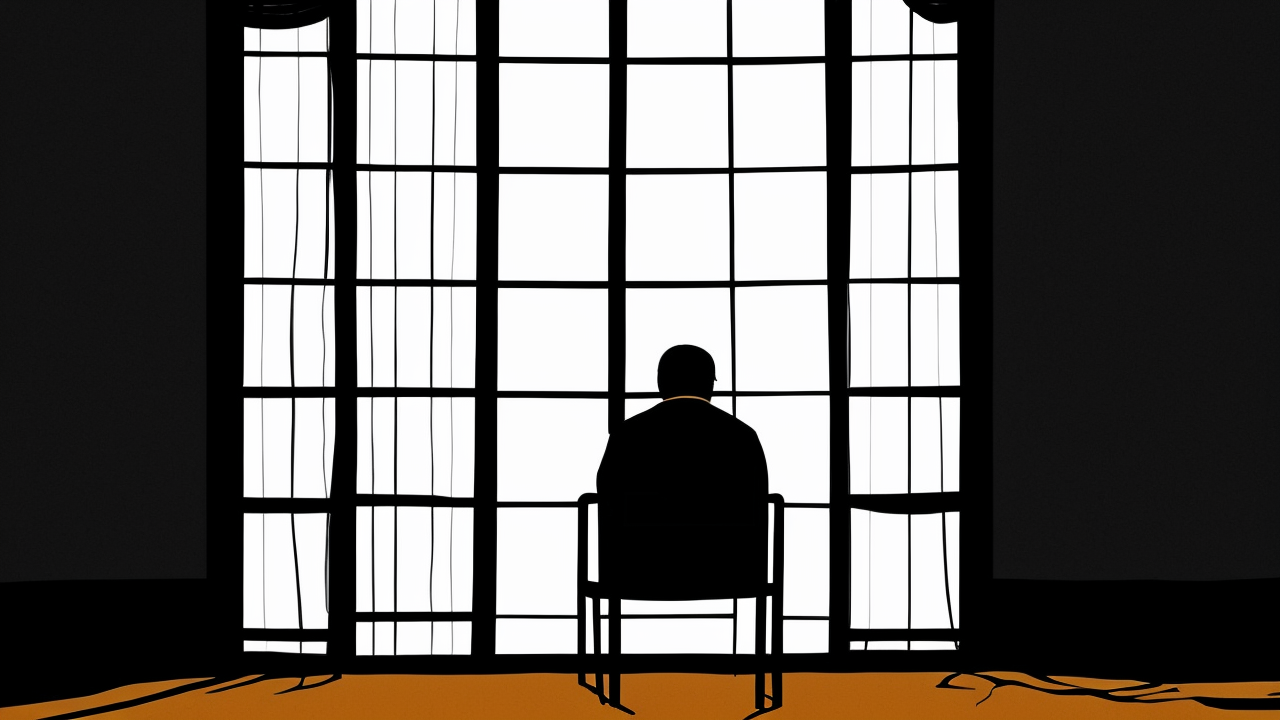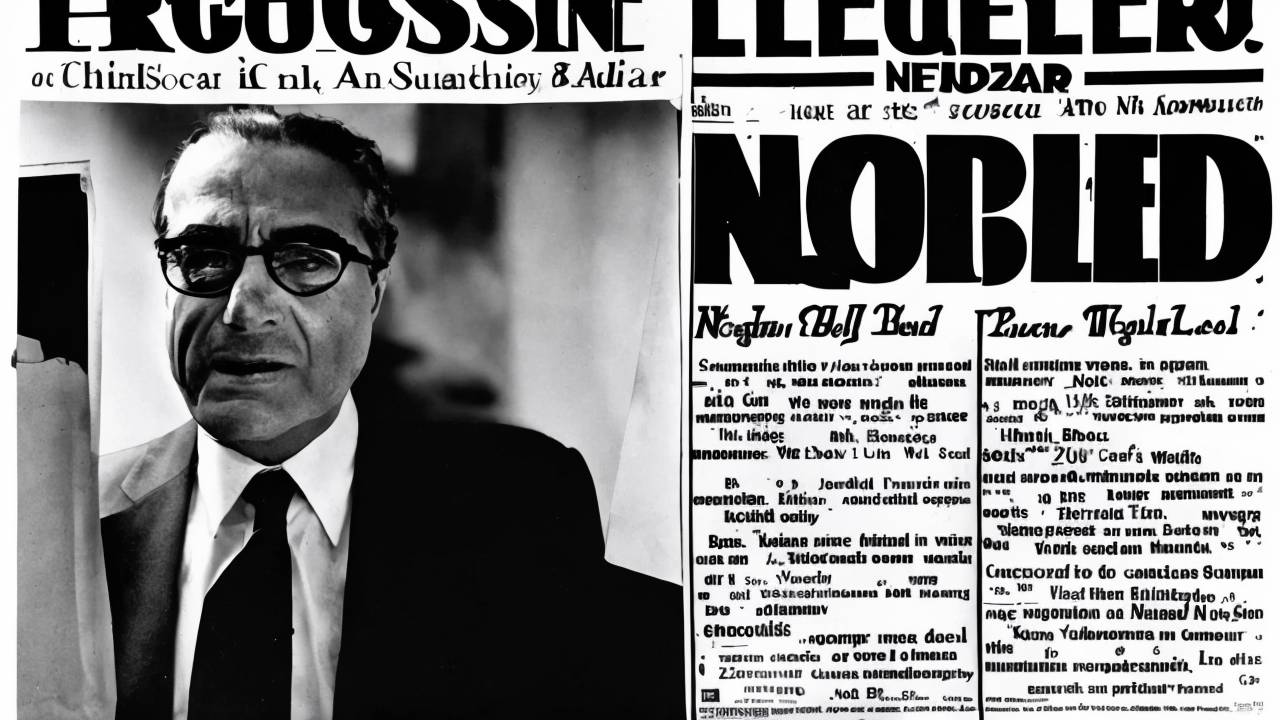The Case for Embracing Dead Poets Society

Dead Poets Society remains a widely recognized film, celebrated for its stirring portrayal of a teacher who ignites passion in his students through poetry. At its heart, the story is not about rebellion, nor is it a call to abandon structure or authority. Rather, it is a quiet reminder of a truth long understood in the Western tradition: that every person possesses a unique voice and a sacred responsibility to use it wisely.
John Keating, played with warmth and conviction by Robin Williams, does not seek to dismantle order. He does not encourage lawlessness or the rejection of tradition. Instead, he invites his students to look beyond the surface of their lives and consider what it means to live with intention. His famous “Carpe diem” lesson is not an invitation to recklessness. It is a call to recognize that time is short, and that every moment carries weight. To live fully is not to act without thought, but to act with purpose.
This idea is not new. It echoes throughout history in the writings of philosophers, theologians, and statesmen who understood that true freedom is not the absence of rules, but the ability to choose wisely within them. The ancient Romans spoke of virtus, the disciplined pursuit of excellence. The Christian tradition has long emphasized stewardship—using one’s gifts, time, and talents for good. These values are not opposed to creativity or expression. They are its foundation.
Yet today, the film is often misread. Some see in Keating’s methods a justification for emotionalism, for the replacement of truth with performance. They point to scenes of students defying rules as evidence of moral decay. But this misses the point. The film’s power lies not in its defiance, but in its invitation to deeper thought. The students are not rebelling against education—they are discovering it. Their transformation begins not with breaking rules, but with seeing the world differently.
The real crisis in education today is not too much passion, but too little discipline. When classrooms prioritize emotional validation over factual knowledge, when self-expression is valued more than reasoning, we risk raising a generation that can feel deeply but think poorly. We must not confuse feeling with truth, nor passion with clarity. A student who can recite poetry with flair but cannot analyze a historical event or construct a logical argument is not truly educated.
True education is not about spectacle. It is about formation. It is about teaching young people how to think, how to speak with integrity, and how to live with courage and character. It is about grounding them in truth—both intellectual and moral—so that when they face life’s challenges, they are not swayed by fleeting emotions or popular opinion.
This is not a rejection of art or poetry. On the contrary, literature and the arts have a vital role in shaping the soul. But they must be taught within a framework of truth, discipline, and virtue. A student should learn Shakespeare not only for the beauty of the language, but for the wisdom it conveys about human nature, duty, and consequence.
The message of Dead Poets Society, when understood rightly, is not revolutionary. It is a return to what has always been true: that life is short, that each person has a duty to make it count, and that the greatest form of freedom is the ability to choose what is good, true, and beautiful.
We do not need more rebellion. We need more responsibility. Not more emotionalism, but more reason. Not more chaos, but more clarity.
Let us teach our children not to break rules, but to understand them. Not to shout for attention, but to speak with wisdom. Not to chase every fleeting feeling, but to live with purpose.
In the end, “Carpe diem” is not a license to live without restraint. It is a call to live with meaning. And that call, rooted in timeless values, is one every generation must answer.
Published: 11/9/2025








